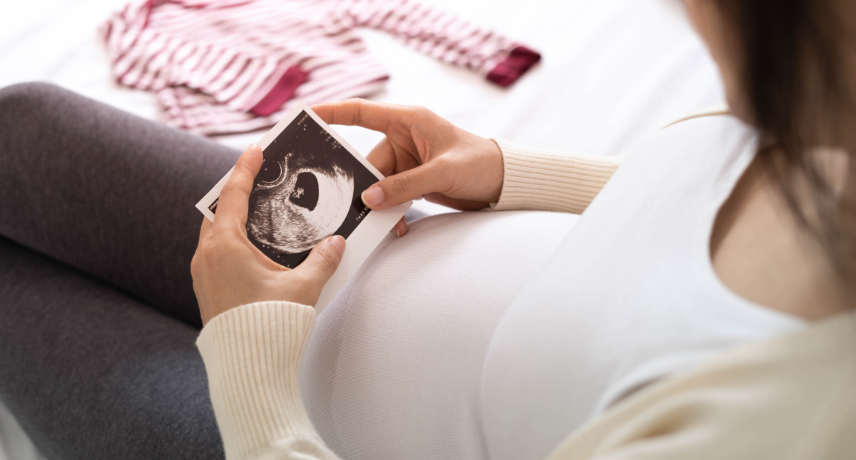30th January, 2025

The primary cause of anaemia in pregnant women is the lack of necessary iron levels in the body. Iron is an essential element when producing red blood cells. Other factors can lead to pregnant women developing anaemia, such as poor absorption of iron, multiple pregnancies, inadequate dietary intake and certain medical conditions. Here, we share some of the frequently asked questions related to anaemia in pregnant women.
Anaemia during pregnancy can lead to various symptoms, such as weakness, fatigue, dizziness, shortness of breath, pale skin and elevated heart rate. Pregnant women should reach out to their doctor whenever they experience one or more of these symptoms. Diagnosing the condition early can help in its management.
Doctors diagnose anaemia in pregnancy through a blood test called a complete blood count (CBC). This test measures various components of blood, including haemoglobin levels. Haemoglobin is the protein in red blood cells that carries oxygen throughout the body. In addition to haemoglobin, doctors might also consider other factors such as serum iron and ferritin levels.
When anaemia in pregnant women remains untreated, it has the potential to cause severe complications for the mother and baby. For instance, the baby might be born preterm or they may have low body weight at birth. The mother can suffer from fatigue due to the low red blood cell count. In severe instances, the mother can also develop postpartum depression. The baby, on the other hand, could suffer from developmental disorders.
Yes, anaemia can be prevented during pregnancy. The mother must consume a diet rich in folic acid and also take iron and prenatal vitamins after consulting with their doctors. Also, they need to undergo regular prenatal checkups to monitor whether their iron levels are within the safe threshold. Doctors can help address any deficiencies before it can cause anaemia.
During pregnancy, the blood increases in a mother's body by around 20-30%. To keep up and produce high amounts of red blood cells, the woman's body tends to require more iron. The risk of anaemia can go up at these times in the following cases -
Explore our department of haematology. We have the necessary facilities to test for congenital haemolytic anaemia, thalassaemia and other congenital haemolytic anaemia, vitamin B12, folate and ferritin levels and much more. The department has haemoglobinopathy screening and coagulation screening equipment. After diagnosis, we offer counselling for the patient and their family. We also help establish a clear management protocol for the disease.